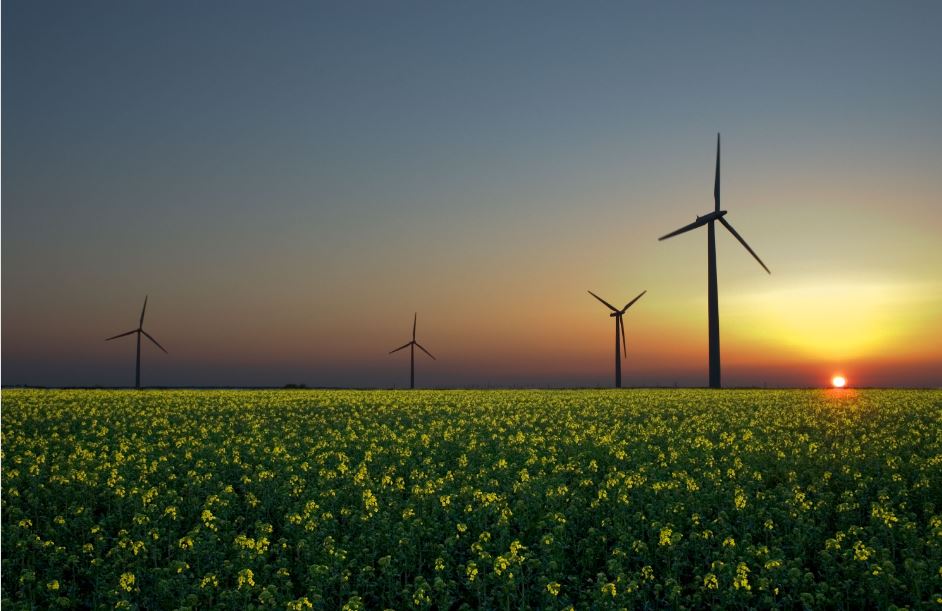The question of energy efficiency is more than important nowadays, it is an urgent issue which needs real solutions.
What is the current scenario and the forecast regarding power consumption worldwide? Power consumption is always growing due to the strong development and leadership of emerging economies, such as Asian ones. The projection for 2040 is that this consumption will grow at a spectacular rate of 48%. The International Energy Outlook 2016 presented by EIA says that the renewables, hydro and wind power mainly, is the fastest growing energy which will rise 2,6% by 2040, while natural gas will do it slower reaching 1,9% more than now. Oil and other liquids will decrease their position on the energy consumption market from 33% in 2012 to 30% in 2040. Another important energy source is the nuclear power generation which will show an incredible growth from 2,3 trillion kWh registered in 2012 to 4,5 trillion kWh by 2040.
The similar trend projected till 2020, is supported by another review presented by World Energy Council (Figure 1)
The current energy consumption demand is applied for different purposes, the main applications are motors, lighting and home appliances and consumer electronics (Figure 2).
It is difficult to reduce this consumption, especially in industrialized and developing countries, moreover, demand for energy will continue to grow. So, another way to treat this sensitive question is through improved practices of energy efficiency which are based on accumulated knowledge and experience and proper application of modern technologies. This enables the user to track and measure the energy use, analyze the efficient and inefficient areas and reviewer the energy reduction strategies. Specific technological solutions capable to deliver the accurate information in real time, process and analyze data is of enormous help. They provide valuable insights, identify cost-effective procedures and help in developing systematic programs focused on energy efficiency.











